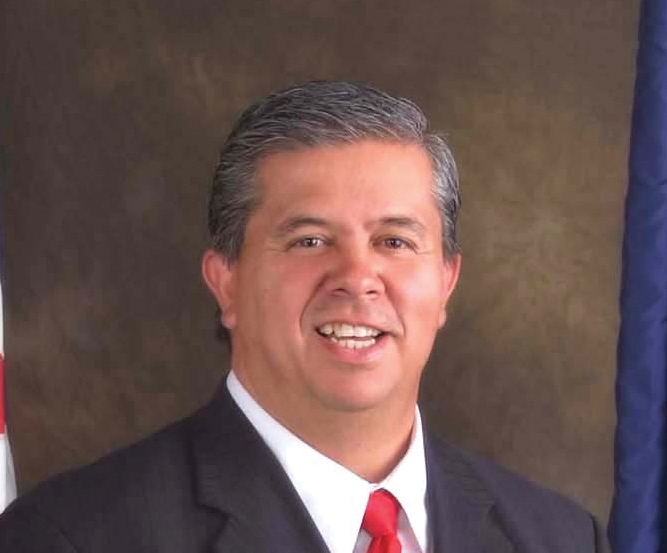Legislative budget-writers finished setting the 2014-15 school budget Friday by agreeing on details on the controversial high school WiFi project.

The Joint Finance-Appropriations Committee voted 15-5 to approve $2.4 million in one-time funding for the program, with language detailing how the money can be spent.
The funding will pay next year’s bills for the statewide contract. It will also send $21 per student to districts and charter schools that did not join the state contract last summer.
The budget also would allow any school district or charter to opt out of the statewide contract by July 1, and receive $21 per student to launch their own WiFi program.
In order for districts to receive the money, the local system must “meet or exceed standards established in Idaho code or State Board of Education administrative rules.”
Those standards are not yet law, but JFAC co-chairman Dean Cameron, R-Rupert, said Senate Education Committee Chairman John Goedde, R-Coeur d’Alene, are writing a bill to accomplish that.
“We tried to determine what was the best, defensible position to put the state in, not only this year but going forward,” Cameron said.
A competing plan would have provided the same funding, but would not have allowed schools to opt out and receive funding. This failed on a close 9-11 vote.
Superintendent of Public Instruction Tom Luna said either plan would have been acceptable, and would have accomplished his goal: keeping the WiFi program up for high schools.

The plan that passed may be more expensive in the short term, Cameron said, because the state will continue to pay for the contract and send additional money to school districts that opt out.
But Luna doesn’t foresee a big shakeup. “I will be surprised if very many school districts opt out.”
The bill also sets up performance audits to ensure the program complies with requirements and works to school officials’ satisfaction.
After the WiFi contract was signed in July, several lawmakers were upset and said the state had used one-time funding to enter a contract that could run 15 years and cost $33 million.
Across the state, 179 high schools are participating in the WiFi contract, which could serve 90,000 students.
Earlier this session, Goedde said he wanted to cut off funding for the WiFi contract in favor of sending money to local districts.
In response to those concerns, Cameron said he was working with Goedde.
“This is one of those situations, and we seem to have several this year, where we didn’t necessarily ask for this discussion or seek this discussion, but it was on our plate and it was up to us (to deal with),” Cameron said.
Although JFAC finished setting the K-12 budget, all seven bills still must pass the House and Senate and go to Gov. Butch Otter for final approval. If any bills are killed – like last year – JFAC would need to start over and rewrite the bill. This could extend the legislative session past the targeted adjournment date of March 21.
JFAC co-chairwoman Maxine Bell, R-Jerome, said the committee will come back next week to decide how to address the Idaho Education Network broadband system. Federally administered dollars for the network remain on hold, as a federal contractor reviews the project’s contract.
